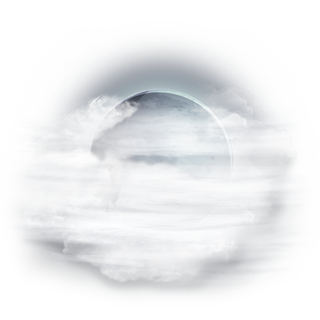British experimental pop producer and singer Daniel Woolhouse’s recent marriage became his inspiration for his new album “Songs,” which came out Monday, Nov. 3 under his stage name, Deptford Goth. With songs described as “ethereal, spectral R&B” tunes, artist Daniel Woolhouse hails from Peckham, Southeast London. Woolhouse started fusing his songwriting roots in guitar and piano with a more electronic approach that “sits somewhere between real and the synthetic.”
The name and titles of the songs in Deptford Goth’s new album suggest hopefulness. They give off a sense of permanence (as suggested by the title “Relics”), a union (“The Lovers,” “We Symbolise” and “Two Hearts”) and a relationship that circles around (“Circle” and “The Loop”), symbolizing that their marriage is forever. However, the soft and slow electric synths create more of a somber tone.
Even though it clashes with happiness that is supposed to come as a result of marriage, the songs aren’t depressing. Rather, they contain many complex layers of sound, voice and meaningful lyrics that serve to reflect the challenges he will have to face when he becomes a parent soon enough:
“I’m a mother, I’m a father/ One position is another/ I’ll be loyal, you’ll be good/ Holding to each other like we know we should/ We make babies, watch them grow/Teach them what we know and then let them go./ Love your mother, love your father/ one position is another.” These lyrics demonstrate Deptford Goth’s anxiety about the future of parenting and reminded of his duty of becoming a role model to his children. He also says that an integral part of the relationship is being “loyal,” not only to his children but to his partner and maintaining this relationship is what will prove the most successful to their children’s’ growth.
On the other hand, however, Deptford Goth realizes that this change is something that he needs in his life and even though there will be challenges, as is characteristic of most transitions, he becomes hopeful toward the middle of his tracks. “Here is a place where we can grow ourselves, my love,” he says in “Do Exist,” claiming that this stage in both his and his partner’s life will be an enriching experience that will help them to grow as people.
Additionally, in his song “Two Hearts,” we see this determination again: “Many heads may roll/ But there’s nothing quite like two hearts/ We’ve got these in us/ We’ve got these in us/ Fell a mountain down/ But there’s nothing quite like two hearts/ We’ve got our peace in us.” Even through the difficulties, he has faith that his marriage with his partner and their commitment to each other will get them through the toughest of obstacles, with their two hearts together as one.
The struggles are also reflected through the artwork of the album. A painting of an incomplete, vague figure reminiscent of a monster is depicted, with a face but no eyes, ears or mouth. It clasps its white, pale hands together, trying to reconcile its innocence with the conflicts that progressively are making the figure less and less innocent through the experiences that it has already gone through. This is symbolized through the orange and gray colors in the face and inside its body.
The gray that seems to be going through the monster’s body starts to manifest its body, almost taking it over, grabbing on to the left arm to try to pull the character inside of himself as if to get him to look inside himself, reflect upon himself even more and transform him whole.
One of the biggest problems of this album, however, is that the electronic, synth-pop percussion drowns Deptford Goth’s vocals out, almost as if he wasn’t confident even to let his vocals pour out through the emotional songs.
Lyrically and melodically, “Songs” does an impressive job of creating a mixture between layered sounds and smooth harmonies but this overpowers the lyrics and the meaning of each song, which are difficult to hear with so much other beautifully distracting background musical progressions.


